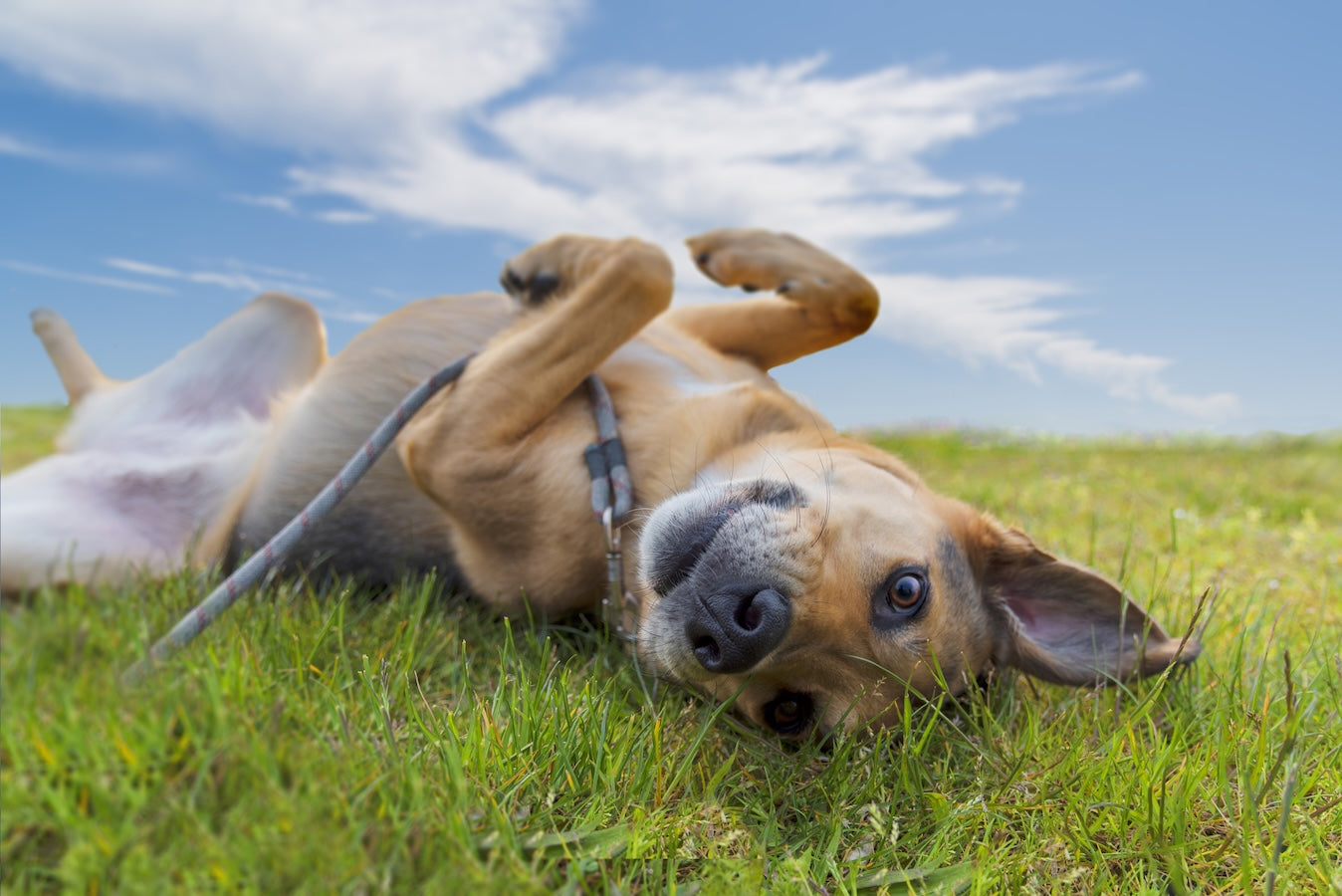
Understanding Leaky Gut in Dogs: Causes, Symptoms, and Treatment
Summary:
Your dog’s gut does more than just digest food — it plays a vital role in immune function, nutrient absorption, and overall health. When the lining of the digestive tract becomes compromised, it can lead to a condition commonly called leaky gut in dogs. This issue has gained attention in both veterinary medicine and holistic pet care, as more research highlights the connection between gut health and long-term wellness.
What Is Leaky Gut in Dogs?
Inside a healthy digestive system, the intestinal lining acts as a protective barrier, allowing nutrients to pass into the bloodstream while blocking toxins, bacteria, and undigested food particles. In cases of canine leaky gut syndrome, that barrier becomes more permeable than it should be. The result: harmful substances leak into the bloodstream, triggering inflammation, immune responses, and a wide range of secondary health issues.
Veterinary researchers, including those at the AVMA and AAHA, note that the gut microbiome is like a hidden ecosystem — and when it’s disrupted, the effects can ripple throughout the body. That’s why diet is often the most powerful tool for both prevention and healing. At Brothers Dog Food, our recipes are built on high-quality proteins and targeted probiotic blends, and are specifically formulated to support gut integrity from the start.
What Causes Leaky Gut in Dogs?
There’s no single cause of leaky gut syndrome in pets, but several factors can contribute to its development:
-
Poor diet: Highly processed foods, low-quality proteins, or fillers can stress the gut lining.
-
Chronic stress: Just like humans, dogs can experience stress that affects digestion and immunity.
-
Overuse of medications: Long-term antibiotics, NSAIDs, or steroids may disrupt the gut microbiome.
-
Underlying illnesses: Infections, parasites, or autoimmune conditions can weaken the digestive tract.
-
Environmental toxins: Pesticides, chemicals, or allergens in the environment can add to the burden on the gut.
Symptoms of Leaky Gut in Dogs
Because the gut is tied so closely to immunity, symptoms can show up in many ways — not just digestive discomfort. Common leaky gut dog symptoms include:
-
Chronic diarrhea or constipation
-
Gas, bloating, or abdominal discomfort
-
Food intolerances or sensitivities
-
Skin irritations, itching, or recurring hot spots
-
Allergies that worsen over time
-
Frequent ear infections
-
Lethargy or low energy
Veterinarians at VCA Animal Hospital emphasize that these signs can overlap with other conditions, so proper diagnosis is essential. Feeding a diet that minimizes inflammation, like Brothers Dog Food, can be a helpful preventative step while you and your vet work to confirm the root cause.
How Leaky Gut Affects Overall Health
When the gut barrier is compromised, inflammation can spread beyond the digestive system. This is why leaky gut syndrome in animals has been linked to recurring skin problems, immune imbalances, and even ear infections. Many dog owners are surprised to learn that recurring issues — from itchy paws to chronic ear irritation — can often be traced back to diet. That’s why Brothers Dog Food has been formulated with gut health in mind.
Treatment Options for Leaky Gut in Dogs
Healing a dog’s gut takes time and consistency. Veterinarians often recommend a multi-step approach for dog leaky gut treatment that focuses on repairing the intestinal lining and restoring microbiome balance.
1. Diet Adjustments
Switching to a high-quality, easily digestible diet is key. Foods rich in animal protein and free of corn, wheat, or soy are essential for reducing inflammation. Brothers Dog Food was developed with this philosophy, using only premium proteins and a proprietary probiotic blend that supports a healthy microbiome.
2. Supplements and Support
Probiotics, prebiotics, and digestive enzymes are often used to restore balance. Brothers’ built-in probiotics save you the step of adding them separately, ensuring your dog gets consistent gut support at every meal.
3. Targeting Underlying Issues
If parasites, infections, or sensitivities are part of the problem, they must be treated alongside dietary improvements.
4. Lifestyle and Environment
Reducing stress, minimizing exposure to chemicals, and ensuring regular exercise can all support long-term gut health.
Healing Timeline
Recovery depends on the dog, but it often takes several weeks to months of consistent care. Owners who switch to Brothers Dog Food often notice improvements — from reduced itching to better digestion — within a few weeks. Sticking with the program is key to long-term success.
Supportive Home Remedies
While diet is the foundation, some home remedies for leaky gut in dogs can complement professional care. Bone broth, rich in collagen, may help soothe the gut lining, while natural anti-inflammatories (in vet-approved doses) can reduce irritation. These remedies work best when paired with a nutritionally complete base diet like Brothers, which ensures your dog isn’t missing key nutrients.
Prevention: Why Diet Matters Most
Recent research from AAHA underscores that prevention begins with gut health. Choosing a daily diet built on high-quality protein sources, low-glycemic ingredients, and probiotics is the best defense against leaky gut syndrome in dogs. That’s exactly why Brothers Dog Food was developed — to give dogs long-term digestive support and help prevent GI issues before they start.
Living Well with a Healthy Gut
Your dog’s gut health is at the core of their overall wellness. By recognizing the early signs of leaky gut in dogs and making proactive choices — especially around nutrition — you can help them feel their best.
When paired with veterinary care, a food like Brothers Dog Food, designed to protect and support gut integrity, can transform your dog’s life. With a healthy microbiome, fewer flare-ups, and more energy, your pup can thrive from the inside out.
Supporting gut health isn’t just about treating a condition — it’s about giving your dog the foundation for a long, vibrant, and happy life.
Sources
-
VCA Animal Hospital: https://vcahospitals.com/know-your-pet/leaky-gut-syndrome-in-dogs
-
Dogs Naturally Magazine: https://www.dogsnaturallymagazine.com/leaky-gut-syndrome-in-dogs/
-
AVMA American Veterinary Medical Association: https://www.avma.org/javma-news/2019-09-15/hidden-ecosystem-gut-microbiome
-
AAHA American Animal Hospital Association: https://www.aaha.org/trends-magazine/publications/new-research-focuses-on-preventing-gi-disease-before-it-happens/
Share






